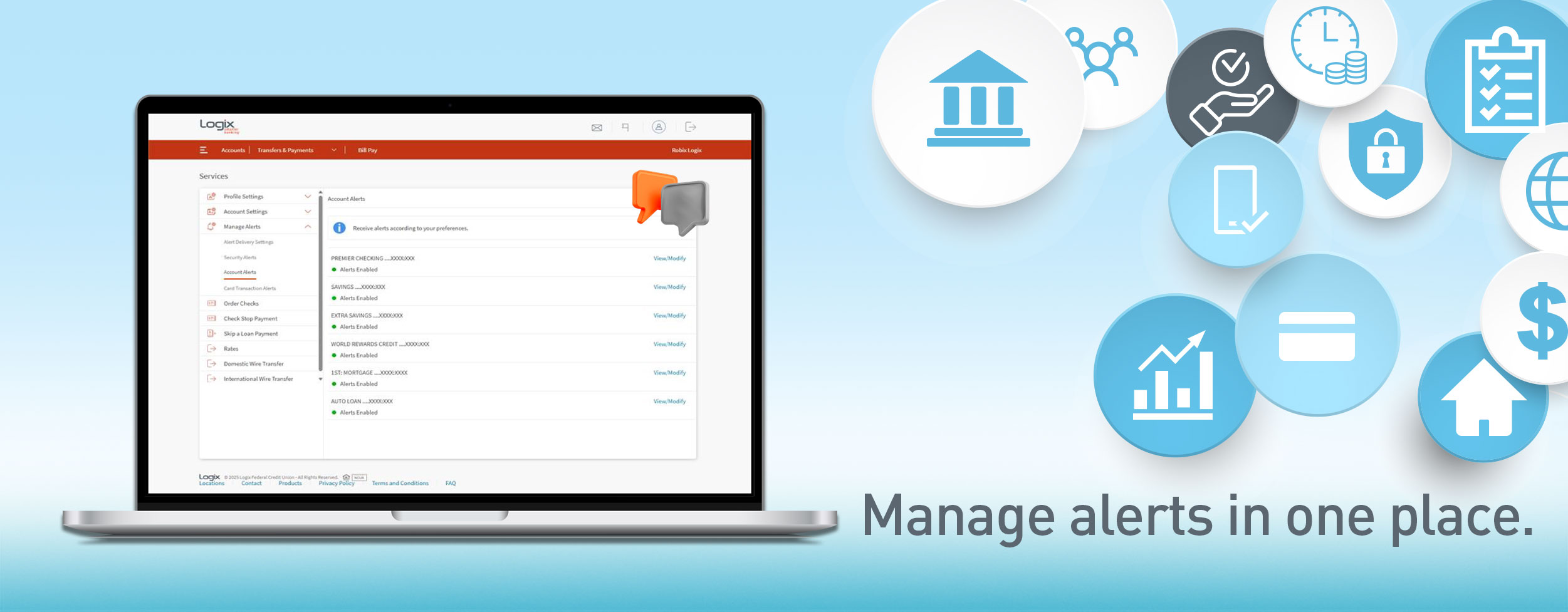
As fall arrives, millions of borrowers are resuming their monthly student loan payments. But unfortunately, students aren’t the only individuals with money on their mind. If you’re a student or graduate, it's crucial to be aware of online scammers looking to profit. Here are some strategies for protecting yourself and your finances.
Beware of Scams
Be alert to some of the most prevalent student loan scams:
- Advanced Fee: Scammers promise to reduce your loan balance or lower interest rates in exchange for an upfront fee. Legitimate loan servicers do not charge fees for federal student loan assistance.
- Phishing: Scammers impersonate official loan servicers or government agencies through emails, websites, or phone calls, aiming to steal your personal information.
- Forgiveness: Scammers claim to offer immediate loan forgiveness, even if you don't qualify. They may request payment for this service or try to steal your personal information.
- Fake Loan Consolidation: Scammers may promise to consolidate your loans into a single, low-interest loan. They may charge fees or steal your identity during the process.
Verify Your Loan Servicer
This is an important step to take in general, as many loan servicers changed during the pandemic. Verify your loan servicer by visiting the official Federal Student Aid website. If you have private loans, review any correspondence you’ve received from your original loan servicer. You can also ask your school’s financial aid office for help in finding that information or pull your credit reports at AnnualCreditReport.com.
Use Two-Factor Authentication (2FA)
Enable two-factor authentication on your student loan account and associated email addresses. This added layer of security can prevent unauthorized access to your accounts, making it harder for scammers to breach your personal information.
Monitor Your Credit Report
You can obtain a free annual credit report from each of the three major credit bureaus (Equifax, Experian, and TransUnion) on AnnualCreditReport.com. Review these reports carefully for any discrepancies, unfamiliar accounts or any unauthorized activity related to your student loans.
Report Suspicious Activity
If you suspect you've encountered a student loan scam or have fallen victim to one, report it at once. Contact the Federal Trade Commission (FTC) and your loan servicer directly (for federal loans, you can submit a complaint online).
If you’re feeling overwhelmed by student loan repayment, take comfort in knowing you don’t have to navigate this process alone. Consider free student loan counseling with GreenPath Financial Wellness, a trusted national non-profit.
-----------------------------------------
*Logix has partnered with GreenPath Financial Wellness to give members access to additional financial wellness content, including this blog article. Views and opinions expressed in the financial wellness content are those of GreenPath and may not always represent the views and opinions of Logix Federal Credit Union. Logix Federal Credit Union is not affiliated with GreenPath, and is a separate entity.
Please contact Logix at (800) 328-5328 or visit www.lfcu.com if you have any questions about this topic or would like to consider opening an account.
Logix is Federally Insured by NCUA and is an Equal Housing Lender.



%20(952%20x%20317%20px)-2.png)






